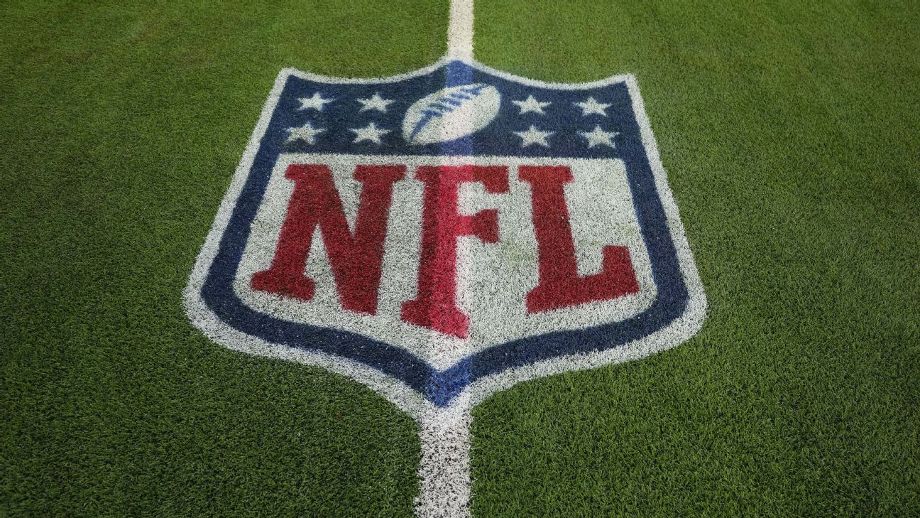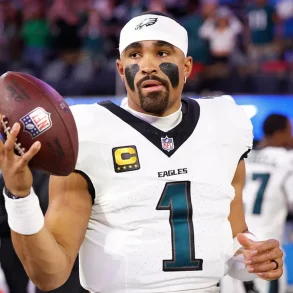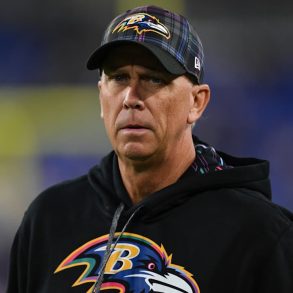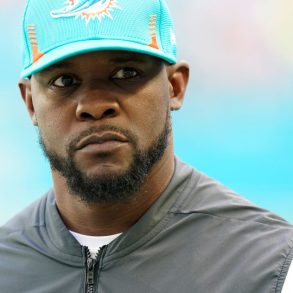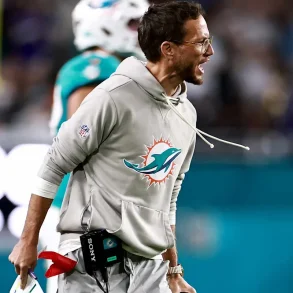The NFL and federal law enforcement are increasing security for Super Bowl LIX in New Orleans after the terrorist attack on Bourbon Street on New Year’s Day that killed 14 people, according to officials.
The attack, where a man drove a truck into crowds, led to more personnel and resources being added to protect one of the most secured sporting events in the country.
“We’ve increased our security posture significantly so that people can come here, they can see a strong law enforcement presence,” said Eric DeLaune, Special Agent in Charge of Homeland Security Investigations in New Orleans, who is leading federal coordination for the Super Bowl.
NFL Chief Security Officer Cathy Lanier added, “I’d like to say it doesn’t change a lot in our security planning, but it does change things. Are we doing anything differently? Of course.”
More than 125,000 people are expected to travel to New Orleans for the Super Bowl on February 9, just five weeks after the attack, which led to the Sugar Bowl being postponed.
DeLaune and Lanier, both in New Orleans this week to prepare for the event, said the increased security will be noticeable. There will be SWAT team members, armored vehicles, special agents on rooftops, government surveillance drones, and extra security cameras throughout the city.
The U.S. Coast Guard and U.S. Customs and Border Protection will patrol the Mississippi River, and the TSA will deploy more than 90 bomb-sniffing dogs.
“My goal was that you couldn’t walk a city block in downtown New Orleans without at least encountering one law enforcement official,” said DeLaune. “I’m not trying to make people afraid. I want people to see that we’re prepared.”
Leon Panetta, former Secretary of Defense and CIA director during the Obama administration, said the New Orleans attack, carried out by a U.S. military veteran inspired by ISIS, was a “wakeup call” and that “terrorism remains a real threat to our country.”
In response to the lone wolf attack, DeLaune said law enforcement added intelligence analysts to monitor potential threats.
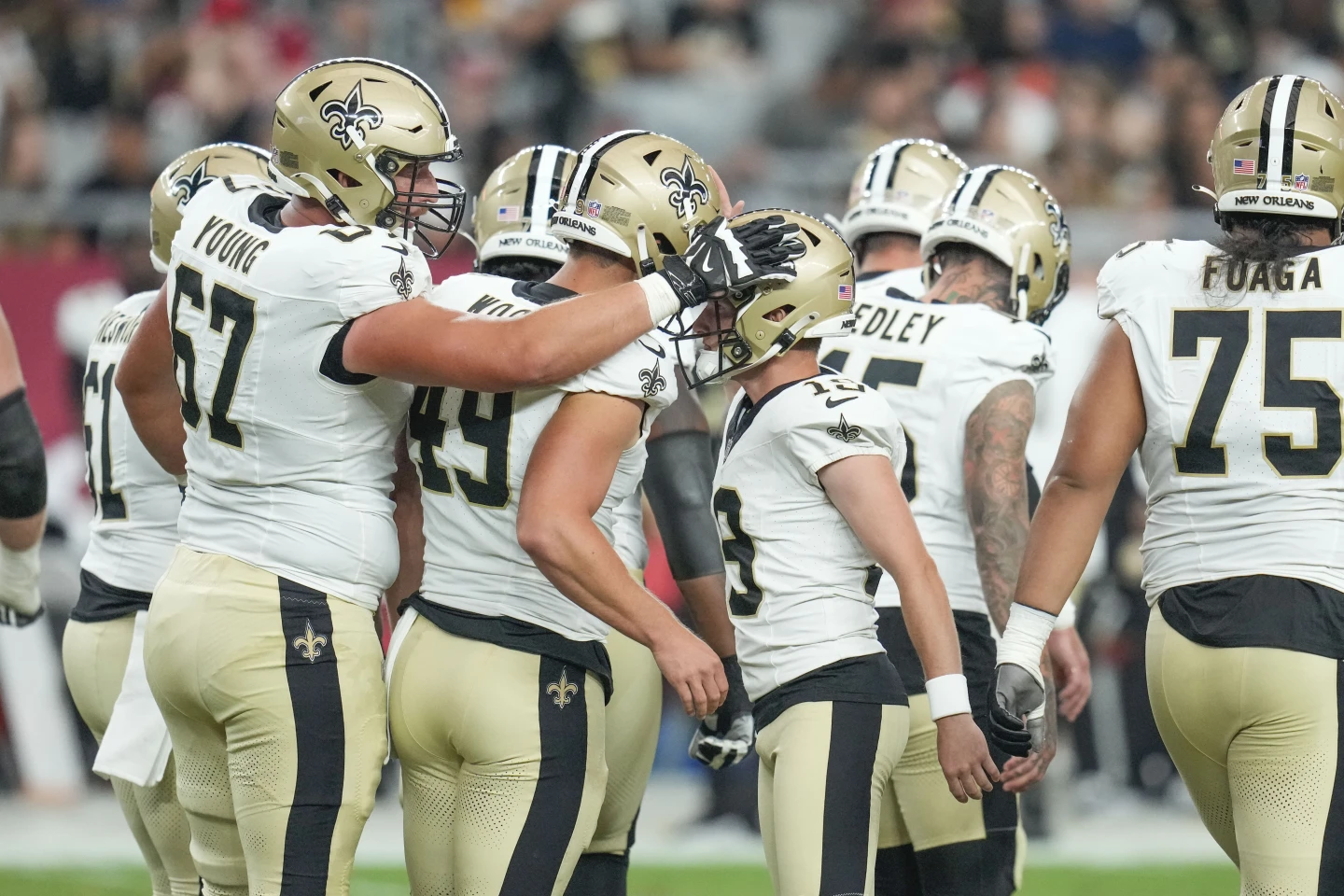
The Super Bowl is considered a federal Tier One event, which means it receives additional support from federal agencies like the Department of Homeland Security, the FBI, the Bureau of Alcohol, Tobacco, Firearms and Explosives, and others focused on preventing terrorist threats.
Eric DeLaune, who is in charge of federal coordination for the Super Bowl in New Orleans, did not specify the exact number of extra federal officers, but said “hundreds” of them will be present throughout the city to assist local and state law enforcement from now until after the game.
“You’ll see plenty of uniformed people but there are going to be lots of plainclothes people in the crowds too,” DeLaune said. “We want people to know that.”
Following the attack, local police officials mentioned that the city was replacing street bollards before the Super Bowl. The New Orleans City Council is now investigating the city’s street barrier system, which failed to stop the attacker from driving his truck into the crowded street. Cathy Lanier, the NFL’s Chief Security Officer, stated that the NFL did not directly ask New Orleans to replace the bollards but noted that “replacing equipment is all part of what a host city normally does.”
“It’s my understanding that those bollards have not been in working order for some time and had been planned for replacement,” she said.
In response to the attack, DeLaune said that local and state law enforcement have increased barricade protection on Bourbon Street and throughout the French Quarter.
“Barriers may not have been working. There may have been some other issues that played into the impact of this event on Jan. 1,” he said. “But I can tell you the response is genuine. The response is because they want the city to be safer, they want Bourbon Street to be safer, and they don’t want to see an attack like this happen again.”
“I can see where somebody might have said there could have been more done, but I can tell you now that the stuff being done is not because of a Super Bowl. It’s not because of Mardi Gras,” he said. “It’s because they genuinely are concerned about the safety and security of the citizens they serve, and they’re trying to make things better.”
The NFL started planning security for the Super Bowl 18 months ago and began setting up the security perimeter five days after the attack, according to Lanier.
She went to New Orleans shortly after the attack to receive briefings and returned this week to meet with law enforcement and inspect the security arrangements around the venues, including the Caesars Superdome and the Ernest N. Morial Convention Center, where the NFL’s fan experience will take place.
Lanier, a former police chief for Washington, D.C., compared planning for the Super Bowl to preparing for a presidential inauguration. “It’s the difference between Fourth of July celebrations in Washington, D.C. and the inauguration. It’s a completely different planning effort and different level of commitment of resources.”
The security perimeter at the Super Bowl venue is typically three times the size of one for a regular-season game, limiting access to a small number of checkpoints, according to Lanier.
“In many ways, the Super Bowl itself will have so much protection that it may be the safest place in the world,” said Chuck Wexler, a security expert and executive director of the Police Executive Research Forum.
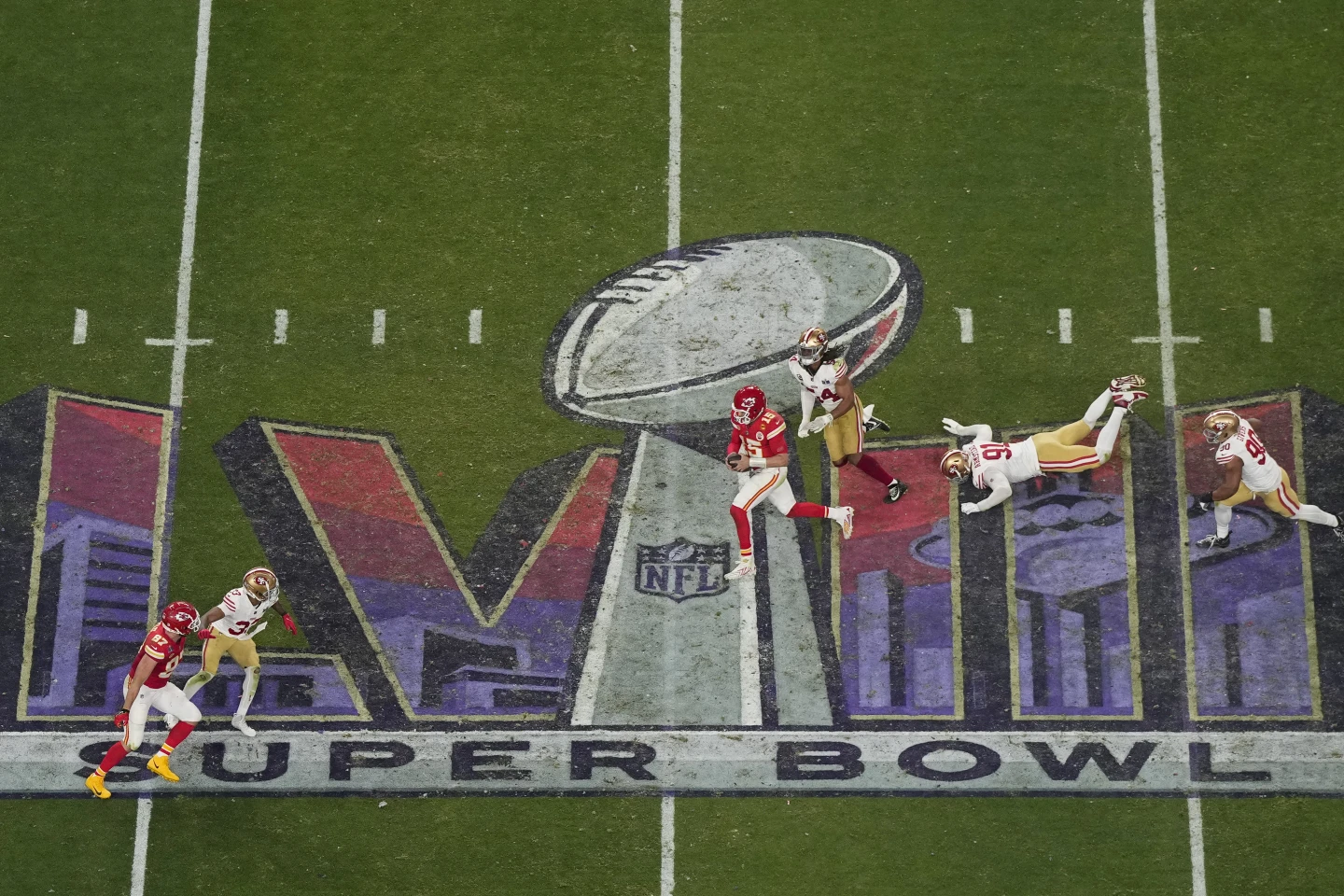
The challenge, according to Wexler and other security experts, is securing all the other places that fans will visit in the eight days leading up to the game. At last year’s Super Bowl in Las Vegas, the events were confined to a small area of hotels with pre-existing security systems.
“It’s not like that in a city like New Orleans, where the Super Bowl is at the Superdome, two miles away is the convention center where the NFL fan experience is going, and another mile and a half is the NFL Honors at Saenger Theater,” DeLaune said. “And all of these people are wandering amongst those three places to the parties in the Warehouse District, Frenchman’s Street, to parties on Bourbon Street throughout the French Quarter.”
Wexler said planners also study previous attacks, like the Boston Marathon bombing, as well as more routine but serious security threats like the gunfight that broke out at last year’s Super Bowl parade in Kansas City.
“It wasn’t a terrorist attack, it was individuals who had firearms,” Wexler said. “So we’re talking about what happened in New Orleans, but we should also be thinking about what happened in Kansas City and what happened in Boston, because each of those events really just add on to the security precautions that are necessary.”
DeLaune said law enforcement will launch a public campaign this week encouraging people to report any suspicious activity, whether seen in person or online. He urged people everywhere, not just in Louisiana, to report tips.
“A lot of times people are intimidated by the process of reporting things because they’re concerned they’re going to look foolish if it turns out to be nothing,” DeLaune said. “We’re not concerned about that. We want you to know if you see something that concerns you, if there’s something odd or different, speak up. Let us know.”



